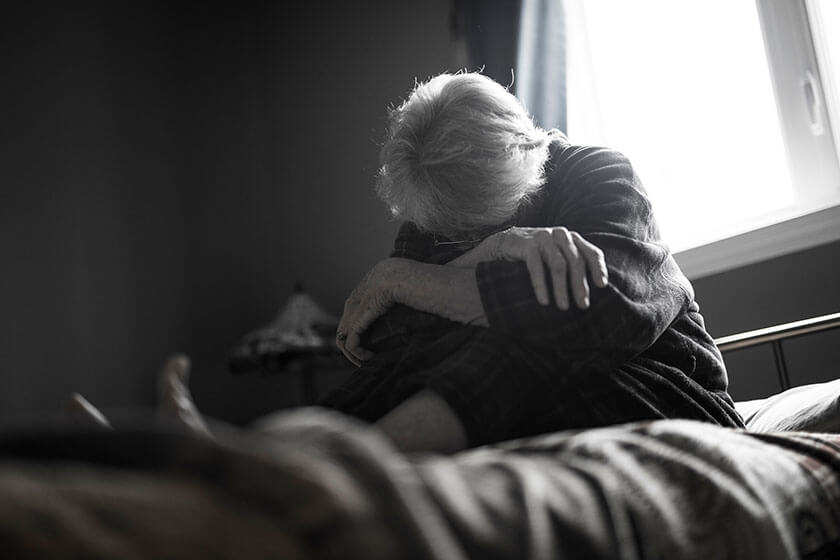To some people, “age is just a number,” while to some others, it entails some preconceived notions about what it is like to get older. Holding beliefs in myths about aging, they may not believe that it is possible to enjoy a quality life in old age. However, research indicates otherwise. Healthy aging is possible when the person is supported by a positive outlook, a sense of independence, a sense of purpose in life, and ongoing social engagement. Healthy aging is more than a nice-sounding idea, it is the way a person perceives the aging process. You can take control of how you age and what you think or feel about aging. Here are five myths about aging you should stop believing in.
Myth 1: Dementia or Memory Loss is Inevitable with Aging
One of the top worries about aging that many people have is age-related memory loss or illnesses like Alzheimer’s and dementia. Although some forgetfulness is to be expected when people grow older, it has nothing to do with a memory loss disorder. As long as you keep your mind active with hobbies and activities, such as reading, painting, playing puzzles, and listening to music, you can maintain healthy mental acuity.
Myth 2: Older Adults Should not Exercise to Prevent Injuries
Although bone density declines with age and overexertion can cause injury, exercising can improve the physical and mental health of older adults. It can help to prevent health issues like obesity and diabetes and may boost serotonin in the brain. Making exercise a regular part of the routine can keep you active and feel independent. Simply choose suitable exercises, for example taking a stroll in the park, golfing, swimming, or biking.
Myth 3: Aging is Synonymous with Loneliness
Many people believe that aging is frequently accompanied by loneliness and isolation, and as a result, older people inevitably become depressed. However, research shows that older adults who have enduring relationships and joyful memories from their past are at a lower risk of depression than older adults. Furthermore, staying physically active can induce the production of the mood regulator, serotonin, that helps to keep depressive thoughts at bay.
Myth 4: Older Adults Need Less Sleep
Even though older adults tend to sleep and rise earlier than younger people, they still need the same amount of sleep each night—7-9 hours—as do all adults. A strategy to make sure you are getting enough is to stick to a regular sleep schedule, avoid naps that disrupt that schedule, and avoid using devices before bed.
Myth 5: It Is Hard for Older Adults to Learn New Things
Many people believe that as they get older, it becomes harder and harder to learn new things. In actuality, cognitive development goes on throughout life. Research shows that learning new skills can stimulate the brain and improve memory. By building a “cognitive reserve,” the brain can become more flexible and potentially make up for any age-related memory issues. To challenge your brain and add joy to your daily routine, think about picking up a new hobby like gardening, learning a new language, cooking, photography, or even mindful meditation.







